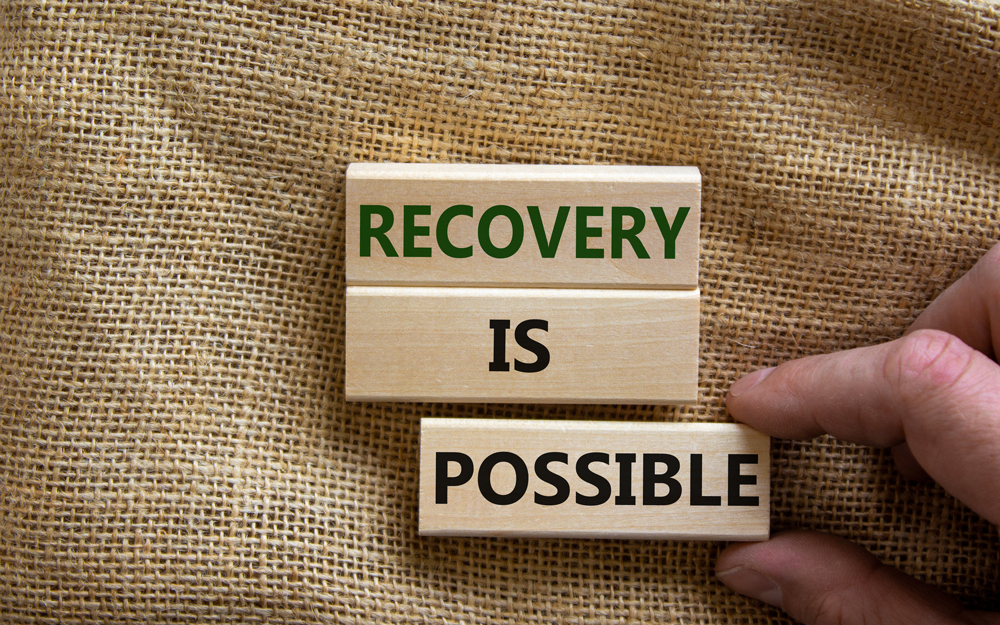
Addiction recovery is a deeply personal and challenging journey. For those walking this path, every aspect of their environment can influence their progress—none more so than the words they hear and speak. Positive language plays a pivotal role in addiction recovery, serving as a beacon of hope, encouragement, and strength. It not only fosters resilience but also reshapes how individuals view themselves and their possibilities for healing.
This article explores how positive language becomes a transformative tool in addiction recovery support, creating a foundation for emotional and mental well-being.
The Science of Positive Language
Words have a profound psychological impact. Studies in neuroscience show that positive language activates the brain’s reward system, releasing chemicals like dopamine, which promote feelings of well-being and motivation. When individuals in recovery are surrounded by affirming and supportive language, they are more likely to experience a sense of safety, belonging, and encouragement.
Conversely, negative language can reinforce feelings of shame, guilt, and inadequacy—emotions that are often triggers for relapse. Words like “failure” or “weak” can diminish self-esteem, making the recovery process feel insurmountable. Shifting the narrative to focus on strengths, achievements, and potential can be the difference between despair and determination.
Building a Positive Framework in Recovery
Positive language in addiction recovery is not about ignoring challenges or offering empty platitudes. Instead, it emphasizes constructive communication that inspires growth and fosters resilience. Here’s how it works:
- Reframing Self-Identity
Individuals in recovery often struggle with self-perception, viewing themselves through the lens of their addiction. Positive language helps to reframe this narrative. For instance, instead of saying “I am an addict,” using “I am someone overcoming addiction” shifts the focus from the problem to the solution. It acknowledges the struggle while emphasizing progress and effort. - Promoting Empowerment
Encouraging phrases such as “You are strong” or “You are capable of change” reinforce a sense of agency. They remind individuals that they have the power to take charge of their recovery journey. Empowering language can motivate someone to keep going, even when the road feels difficult. - Fostering a Supportive Environment
For friends, family, and professionals supporting someone in recovery, the words they use can significantly impact the individual’s progress. Nonjudgmental and affirming statements such as “I’m proud of you” or “You’re doing great” can build trust and reinforce the individual’s belief in their ability to succeed.
The Ripple Effect of Positive Language
The impact of positive language extends beyond the individual in recovery. Recovery communities, group therapy sessions, and peer support networks thrive on uplifting dialogue. In these spaces, people share stories of triumph and resilience, inspiring others to continue their journey. The language used in these settings—words like “hope,” “healing,” and “progress”—fosters a collective belief in the possibility of recovery.
Positive language also changes how society views addiction. Shifting from stigmatizing terms like “junkie” to person-first language such as “person with substance use disorder” humanizes those struggling with addiction, reducing stigma and promoting compassion.
Conclusion
Words are powerful. In addiction recovery, they hold the potential to heal, uplift, and transform. By using positive language, we can create an environment that nurtures growth, fosters resilience, and inspires hope. Whether spoken in a moment of support or internalized during times of struggle, words that heal become a lifeline on the journey toward a better, healthier life.